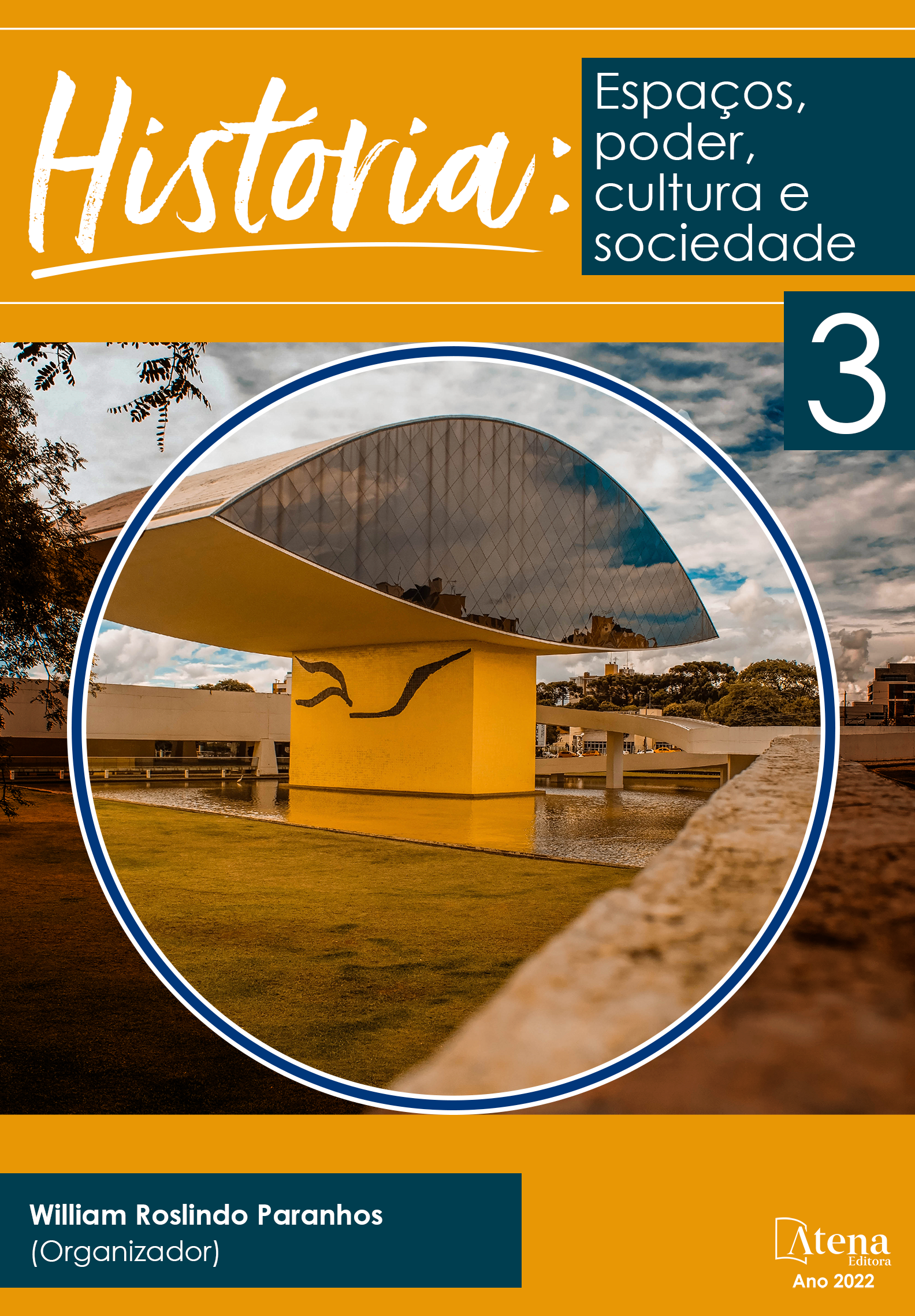
OLHARES PARA O OPRIMIDO: VARIAÇÕES DA PINTURA SOCIAL MODERNA NO BRASIL.
Diante dos diversos movimentos sociais e políticos ocorrido no decorrer do século XX, Tarsila do Amaral, Di Cavalcanti, Eugênio de Proença Sigaud, e Cândido Portinari foram artistas que se comprometeram com os desafios lançados na época em que viveram. Nesse sentido, construíram com suas sensibilidades artísticas modos de conceber e representar o oprimido. Uma variada combinação de cores, materiais, suportes e técnicas geraram representações do trabalhador e da trabalhadora urbano/a e rural, migrantes na cidade, prostitutas, soldados na guerra, entre outros. Dessa maneira, este capítulo explora aspectos do trabalho desses artistas modernos/as, com o intuito de demonstrar a semelhanças e diferenças entre algumas obras de artísticas que evidenciam a arte também como uma forma de fazer política.
OLHARES PARA O OPRIMIDO: VARIAÇÕES DA PINTURA SOCIAL MODERNA NO BRASIL.
-
DOI: 10.22533/at.ed.3872225033
-
Palavras-chave: Pintura Moderna, Artistas Brasileiros, Arte Social.
-
Keywords: Modern Painting, Brazilian Artists, Social Art.
-
Abstract:
Faced with the various social and political movements that took place during the twentieth century, Tarsila do Amaral, Di Cavalcanti, Eugênio de Proença Sigaud, and Cândido Portinari were artists who were committed to the challenges launched at the time in which they lived. In this sense, they built with their artistic sensibilities ways of conceiving and representing the oppressed. A varied combination of colors, materials, supports and techniques generated representations of the urban and rural worker, migrants in the city, prostitutes, soldiers in war, among others. Thus, this chapter explores aspects of the work of these modern artists, in order to demonstrate the similarities and differences between some works of artistic that evidence art also as a way of doing politics.
-
Número de páginas: 13
- Luciana de Fátima Marinho Evangelista


